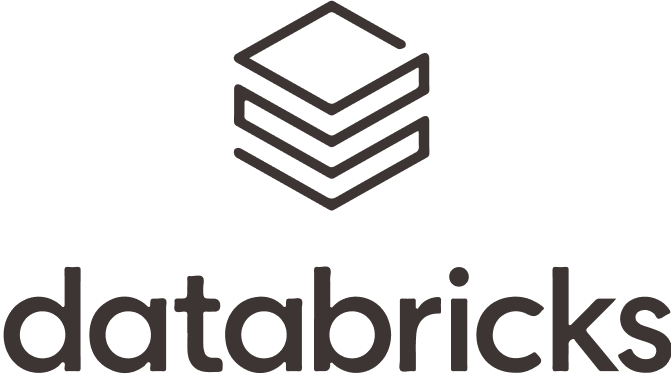Customer Stories

Nothing Found. Please try a different search.
MedTech pioneer saves big through strategic partnership
Resource strains and audit complexity exceeded internal team capabilities
What customers are saying
“AppZen has saved us so much time, and we have found many expense report errors that have saved us from mispaying employees…This is something that would be nearly impossible to do manually unless I increased headcount.”
Nicole Wolff
Accounting Supervisor for T&E
Spectrum Brands

“AppZen is most helpful in flagging errors with customized travel expense rules, while categorizing expense items by high, medium, and low risk levels.”
Jason Mapa
AP Accounting/Finance Ops Specialist
Booking.com

“AppZen’s 100% audit capability saves tons of time and resources, removing repetitive tasks and automating expense report processing through seamless Concur integration.”
Martin Paliarik
T&E Manager
IQVIA
Request a Demo
Ready to rethink what’s possible for your finance team?
AppZen is changing how businesses control their spend and budgeting.






